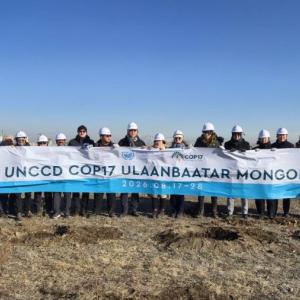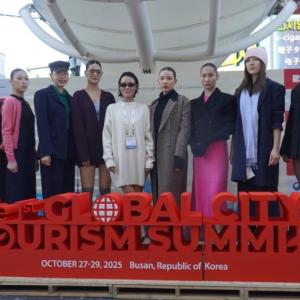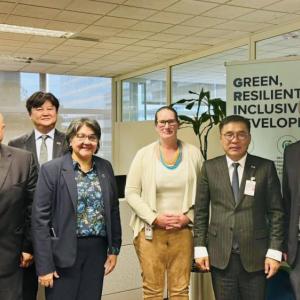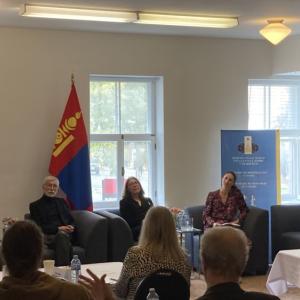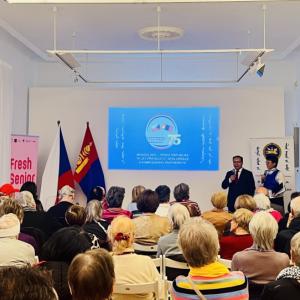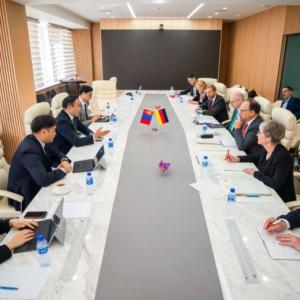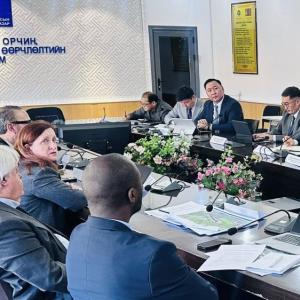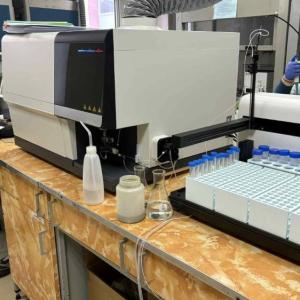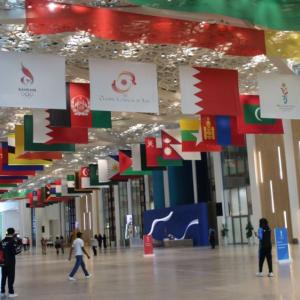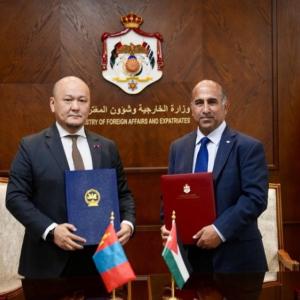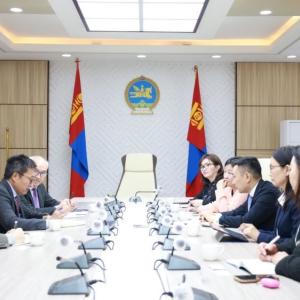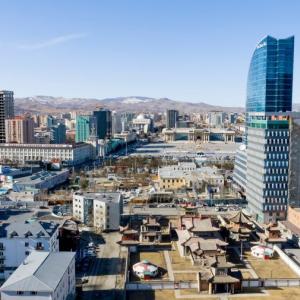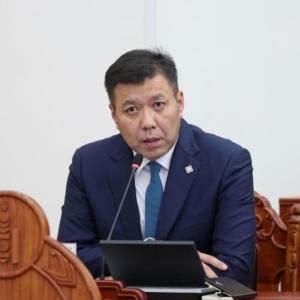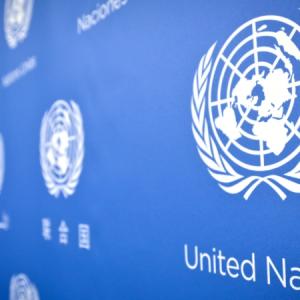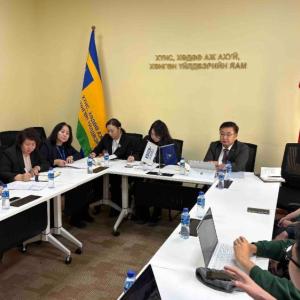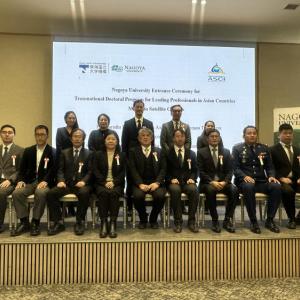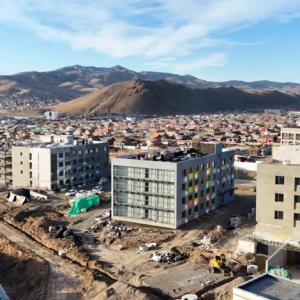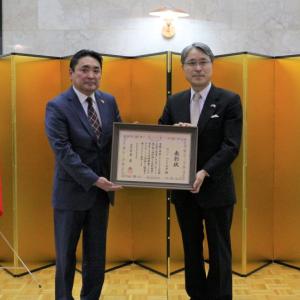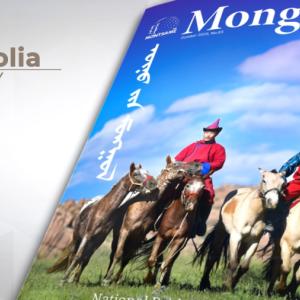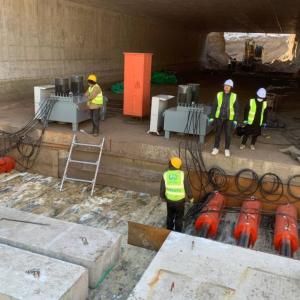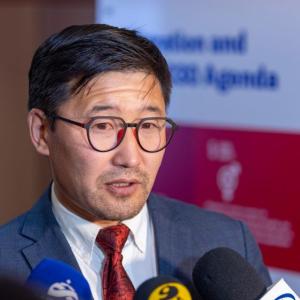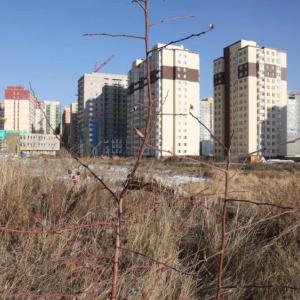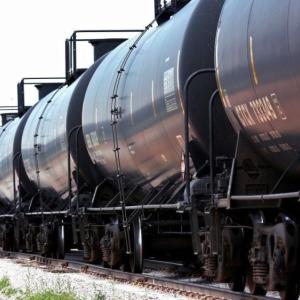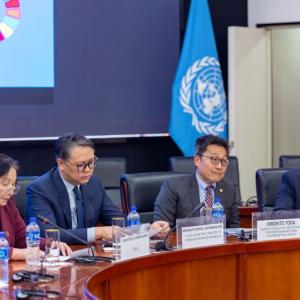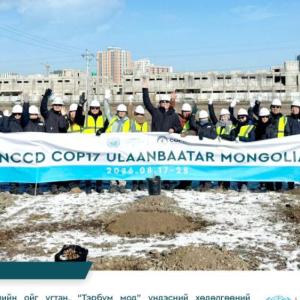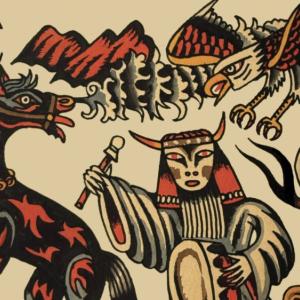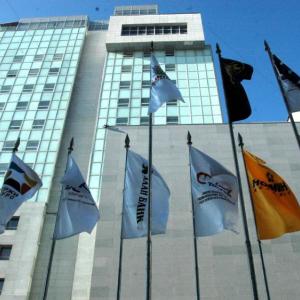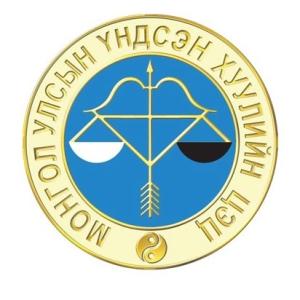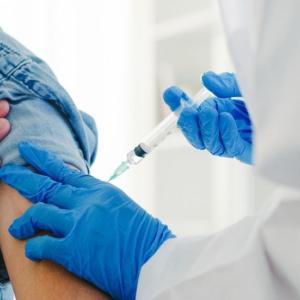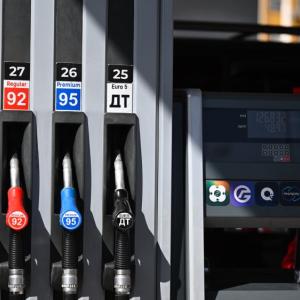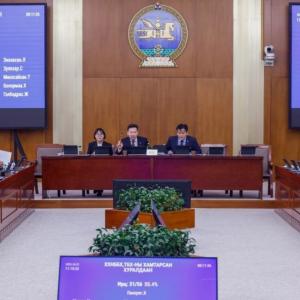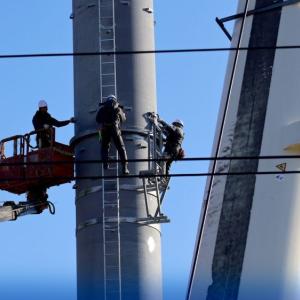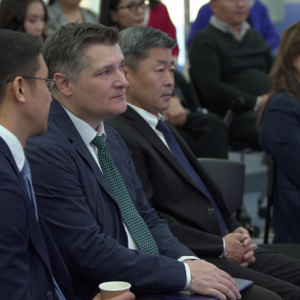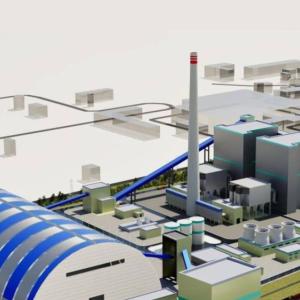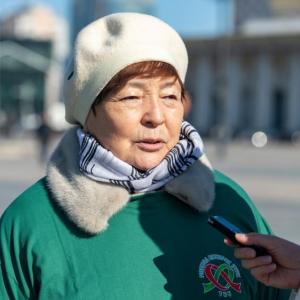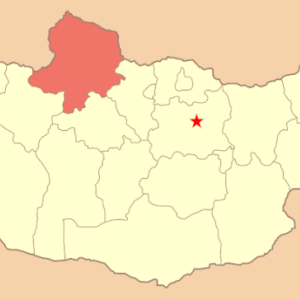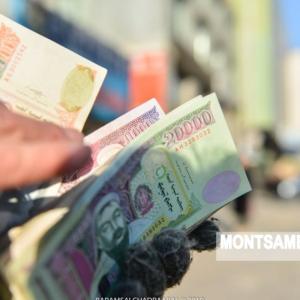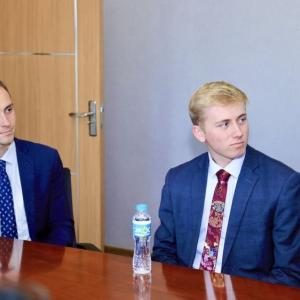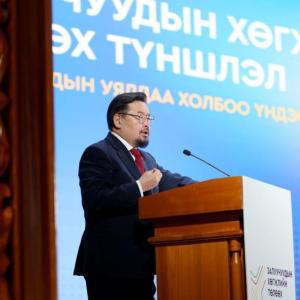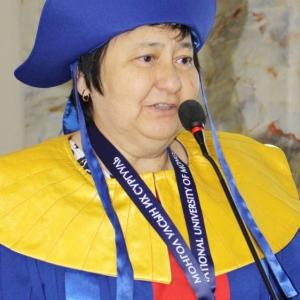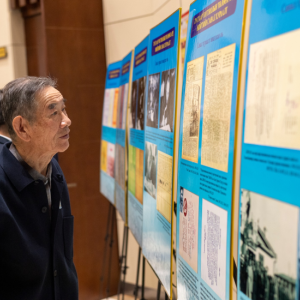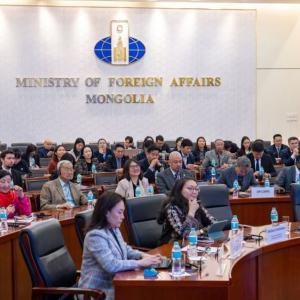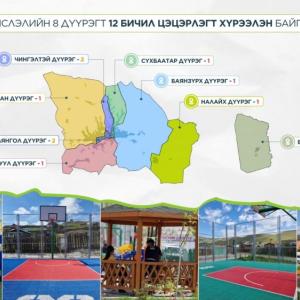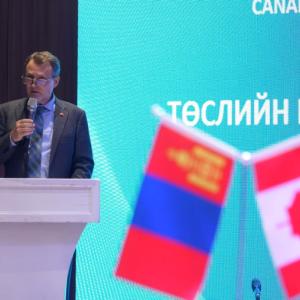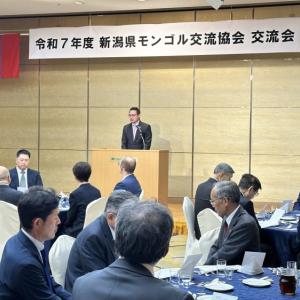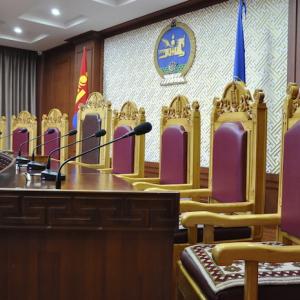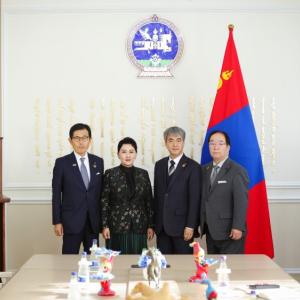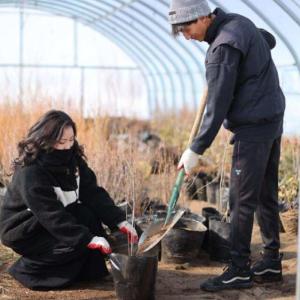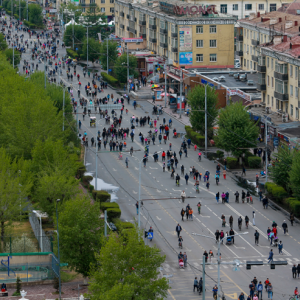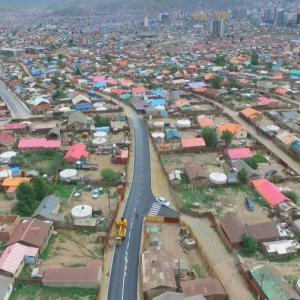ADB improving livestock production systems in Central Mongolia
Economy | Agriculture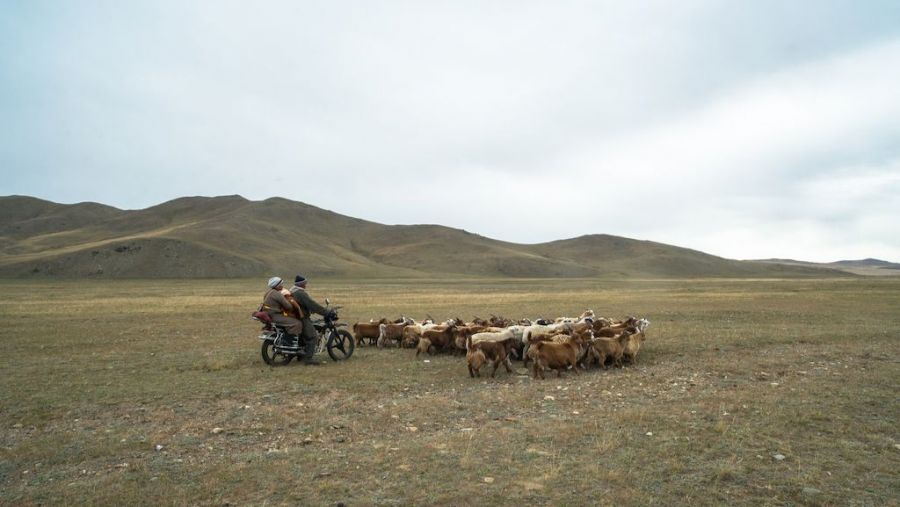
Ulaanbaatar /MONTSAME/ The Asian Development Bank (ADB) has approved a loan and technical assistance package totaling $31 million to support the improvement of livestock production systems in 20 soums (districts) of four aimags (provinces) in Central Mongolia.
“Mongolia’s agriculture sector remains a key pillar of the economy, with a majority of the poor depending on agriculture and extensive livestock production—especially meat and milk—to sustain their livelihoods,” said ADB Senior Natural Resources Economist Jan Hinrichs. “A high incidence of poverty and food insecurity is particularly alarming in rural areas. There is great potential to boost exports and increase income generation significantly if the major constraints facing the sector are addressed in a sustainable manner.”
The lack of a regulatory framework, enforcement capacity, and coordinated policies to control livestock numbers has led to an increase in sheep units by 71%, from 69.5 million in 2009 to 119.0 million in 2019. Consequently, 70% of Mongolia’s pastureland is now degraded. These developments are exacerbated by extreme climatic events such as droughts and dzuds (episodes of extreme winter weather), which have resulted in significant livestock deaths and increased the risk of rural–urban migration. Further, a lack of appropriate water points, animal shelters, and feeding throughout the winter leads to the concentrated use of surrounding pasture and undermines pasture management.
Mongolia also faces challenges throughout the meat value chain, limiting access to export markets that are vital for lifting incomes and overall sector growth. Transboundary animal diseases are prevalent, and the veterinary system has been unable to manage outbreaks effectively. Food hygiene practices and sanitary standards have also fallen short of international standards.
ADB supports Mongolia’s economic diversification with several projects encouraging labor-intensive growth through utilizing and preserving Mongolia’s natural capital.
The new Climate-Resilient and Sustainable Livestock Development Project will build the climate resilience of herders against the increased frequency of severe weather, promote a reduction in livestock numbers, and increase the quality of livestock products. The project will also build the capacity of the public institutions of the Government of Mongolia to better assist the sector.
Specifically, the project will work toward pasture rehabilitation and carbon sequestration while increasing the incomes of herder households through forming pasture user groups and implementing rangeland user agreements. It will also construct or rehabilitate 382 wells and develop 466 water use agreements, while establishing hayfields and storage for herder groups.
To improve the quality and health standard of livestock herds and products, the project will better coordinate and integrate the respective livestock value chain participants through activities such as establishing standards for health and carcass quality, supporting veterinary units, cashmere marketing, and animal breeding
More than 38,500 people in the 20 soums, including 7,709 poor and vulnerable persons, are expected to benefit from the project, which is supported by a $1 million technical assistance financed by the Japan Fund for Poverty Reduction. The technical assistance will strengthen Mongolia’s food safety and traceability system, enhancing the livestock sector regulatory framework and capacity.
The project is financed by an ADB $23 million ordinary loan and $7 million concessional loan, with the government and beneficiaries providing $2.08 million and $2.42 million, respectively, toward the total project cost of $34.5 million. It is due for completion in June 2027.
ADB is committed to achieving a prosperous, inclusive, resilient, and sustainable Asia and the Pacific, while sustaining its efforts to eradicate extreme poverty. Established in 1966, it is owned by 68 members—49 from the region.
Source: ADB
 Ulaanbaatar
Ulaanbaatar







